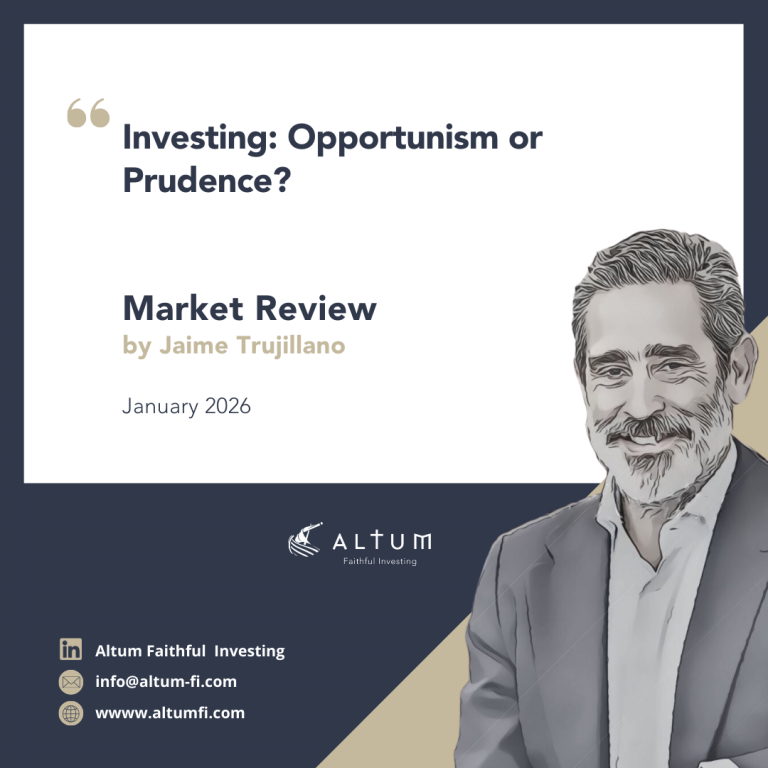Faithful Investing begins with a question: Is it morally acceptable to invest in industries that exploit human weakness? The gambling and casino industry presents such a dilemma for Catholic investors. While gambling is not intrinsically evil, the way this industry operates — profiting from addictive behavior — directly contradicts the principles of human dignity, solidarity, and the common good that underpin Catholic Social Teaching.
Exploring the Gambling and Casino Industry
The gambling industry includes different activities, such as:
- Casino Games: Games of chance like slots, roulette, and blackjack.
- Sports Betting: Wagering on sports events.
- Lotteries: Ticket-based games offering financial prizes.
- Online Gambling: Digital platforms allowing 24/7 access to betting.
The global expansion of online gambling — highlighted in recent data and projections — reveals both its economic significance and its ethical concerns. Accessibility, anonymity, and aggressive marketing have made gambling easier to engage in — and harder to resist .
The Morality of Investing in Casinos and Gambling
According to Catholic moral theology, gambling in moderation is not inherently sinful. A friendly card game or a lottery ticket may be morally neutral. However, problems arise when gambling is structured to generate addiction, when it preys on the poor, or when it causes harm to individuals, families, and communities.
Casinos and gambling platforms are often designed to maximize the player’s time, spending, and dependency. Algorithms, lighting, sound, and layout are not neutral — they are carefully engineered to keep people playing. From this point of view, the industry becomes morally problematic, especially when profits come from those most vulnerable.
According to Faithful Investing, investors must avoid industries that violate the principle of the common good. The gambling industry undermines the common good by promoting behavior that fosters isolation, individualism, debt, and even despair — all of which run contrary to the teachings of the Gospel.
Evaluating the Gambling Industry Through the Lens of Faithful Investing
When evaluating whether a gambling-related company is compatible with Catholic investing principles, investors should ask:
- Does this company promote human dignity or exploit human weakness?
- Does it contribute to the common good, or does it profit from addiction and vulnerability?
- Does it support solidarity, or does it drive individuals into isolation and financial hardship?
Faithful Investing requires a higher standard than legal compliance or profitability. It demands that our financial decisions express our moral convictions and contribute to the building of a more just and compassionate society.
Practical Guidelines for Ethical Investing in the Gambling Sector
For Catholic investors, here are key recommendations based on Faithful Investing principles:
- Avoid Companies that Exploit Addictive Behavior: Any company whose business model depends on encouraging excessive gambling should be excluded.
- Assess Marketing Practices: Ethical companies should avoid misleading advertisements or promotions that target vulnerable groups, such as the youth or economically disadvantaged.
- Review Corporate Responsibility Policies: Companies must demonstrate real efforts to minimize social harm, including self-exclusion tools, limits on betting, and transparency in odds and payouts.
- Check Legal and Ethical Compliance: Mere legality is not enough. Companies must also operate within ethical frameworks that align with Catholic teaching.
Conclusion: Aligning Investments with Catholic Values
Faithful Investing invites Catholics to consider how their capital shapes the world. The gambling industry, though often glamorized and normalized, thrives on weakness, dependence, and false hope. Investing in such an industry not only risks complicity in systemic harm, but also contradicts the Gospel’s call to love, dignity, and justice.
In conclusion, Faithful Investing encourages us to look beyond returns and to ask a deeper question: What kind of world are we building through our investments? A Catholic investor committed to human dignity and the common good must approach the gambling industry with a firm ethical stance — one that favors integrity over profit, solidarity over exploitation, and eternal values over temporary gains.
For more Faithful Investing, click here.



